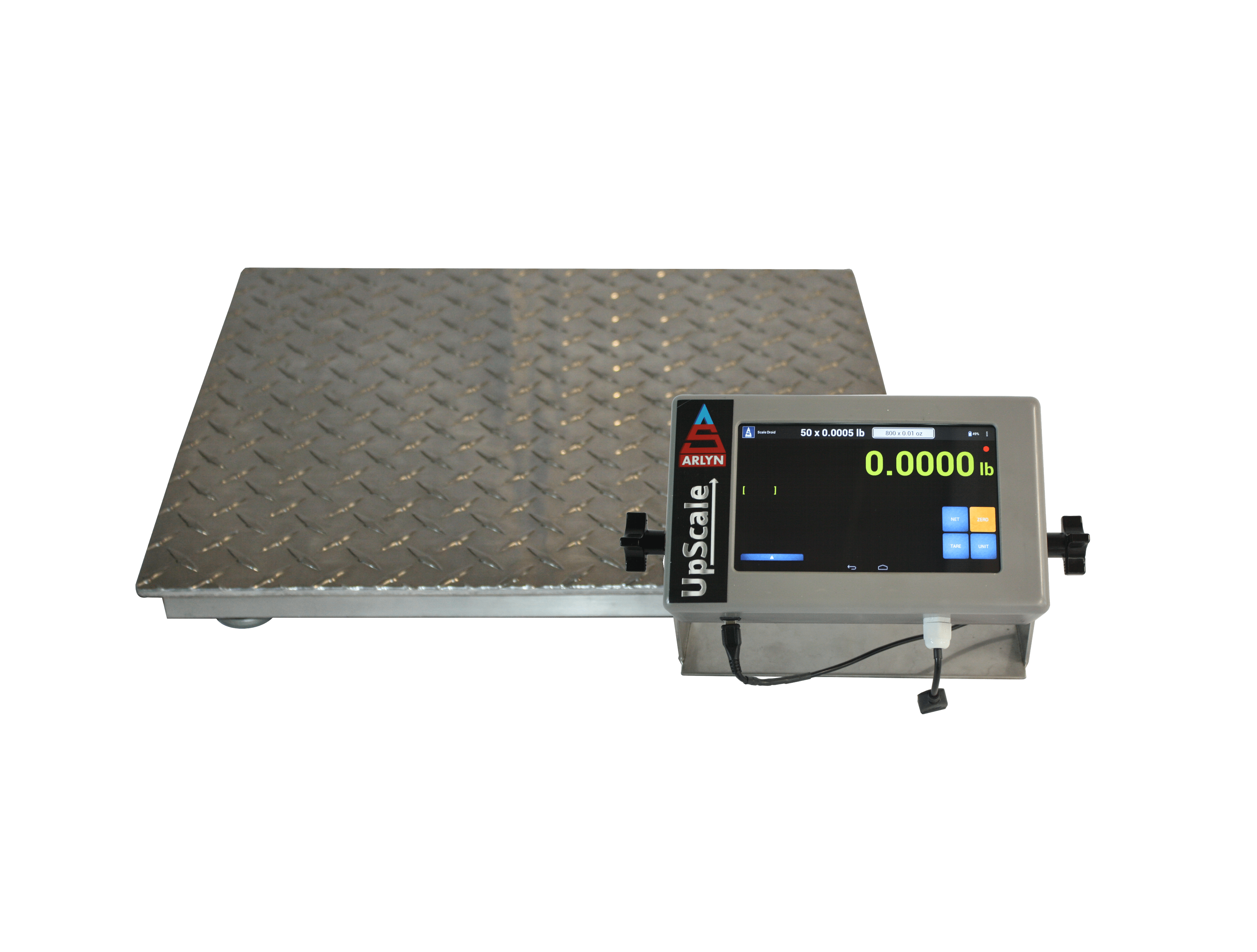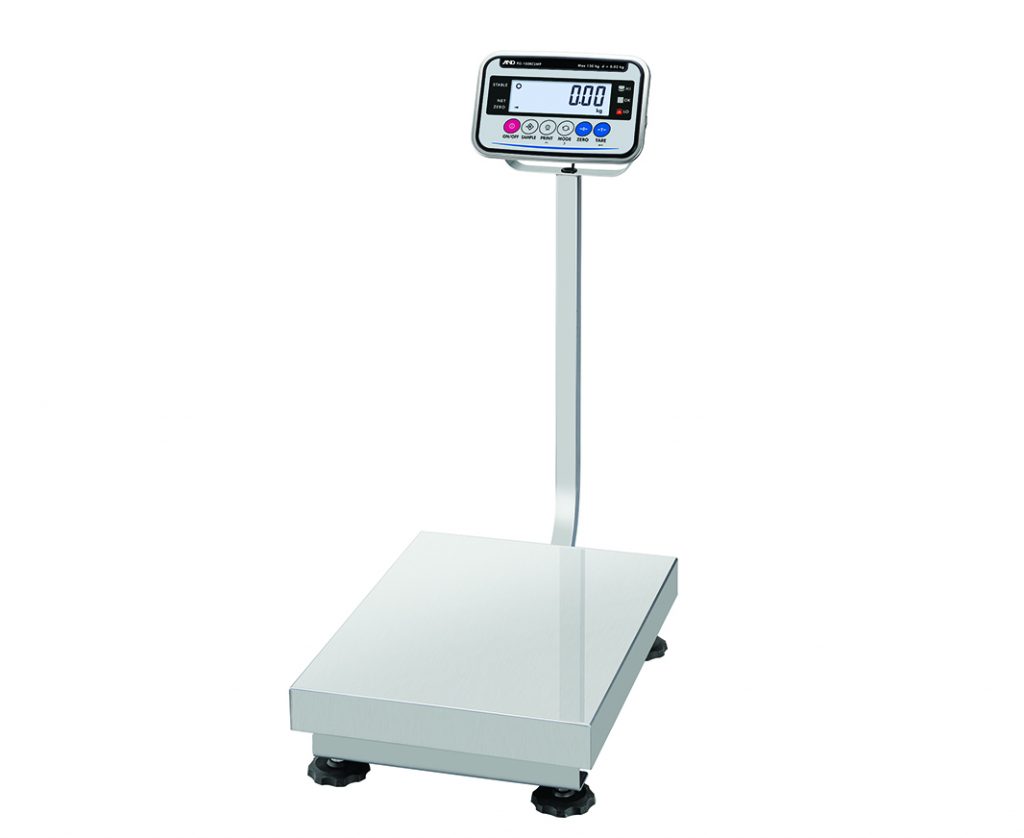Digital vs. Analog Industrial Scales: What You Required to Take into consideration
Enhance Your Company Procedures With Reliable Industrial Scales
In today's affordable landscape, the precision of commercial scales plays a crucial function in enhancing general organization operations. As businesses seek to maximize efficiency, recognizing the different kinds of scales and their technical improvements becomes crucial.
Significance of Accurate Evaluating
Accurate evaluating is essential in different industrial applications, as also minor inconsistencies can bring about significant functional inadequacies and monetary losses. Industries such as manufacturing, logistics, and food handling rely on accurate measurements to make certain item high quality, regulative conformity, and optimum resource management. Incorrect weights can lead to overflow, wastefulness of basic materials, or poor supply, impacting profitability and customer contentment.
In addition, exact weighing is vital for security and environmental compliance. For example, in the chemical industry, incorrect measurements can result in improper mixes, leading to hazardous situations or legal ramifications. In the food industry, specific weighing is essential for adhering to dietary labeling requirements, making sure that consumers receive precise details concerning the items they purchase.
The integration of dependable industrial scales not just boosts functional performance however likewise supports data-driven decision-making. Investing in high-quality industrial considering remedies is essential for businesses intending to preserve a competitive edge in today's vibrant industry.
Sorts Of Industrial Scales
Industrial scales come in various kinds, each made to satisfy certain evaluating needs across various markets. Among the most usual kinds are system ranges, which supply a big evaluating surface suitable for hefty things, making them perfect for storehouses and producing facilities. These scales usually feature electronic screens for simple reading.
An additional kind is bench scales, which are usually smaller and mobile, best for use in research laboratories or retail atmospheres. They permit for quick measurement of smaller sized products while maintaining precision. For applications needing the evaluating of liquids, container scales are specifically made to determine the weight of tank, guaranteeing precise stock administration.
Crane scales are likewise notable; they are suspended from a structure to evaluate heavy products in industrial settings. Each type of industrial scale serves a distinct function, improving functional efficiency throughout varied sectors.
Benefits of Modern Technology

In addition, contemporary commercial ranges typically come outfitted with connection features that allow smooth integration with other systems, such as stock monitoring and manufacturing tracking. This interconnectivity promotes a much more natural operations and reduces downtime, as services can monitor performance metrics useful link and make data-driven decisions immediately.
Furthermore, several modern ranges supply user-friendly user interfaces and customizable setups, enabling operators to adapt their devices for particular operational needs. Boosted durability and strength versus severe environmental problems better add to the long life and dependability of modern scales, guaranteeing they can stand up to the rigors of commercial usage.
Selecting the Right Equipment

Different industries may call for unique sorts of scales, such as floor ranges for hefty loads, bench ranges for smaller sized products, or portable ranges for adaptability. Furthermore, thinking about the environment in which the ranges will certainly be used is essential. Equipment utilized in harsh atmospheres may require to be resistant and sturdy to dust, dampness, or extreme temperature levels.
One more vital variable is the innovation utilized in the ranges. Digital scales usually provide boosted accuracy and convenience of use, while analog ranges may be sufficient for much less requiring applications. It is important to examine the scalability of the tools, guaranteeing that it can suit future growth or modifications in manufacturing processes.
Last but not least, companies need to consider the track record and reliability of producers, anchor as spending in high-quality devices can bring about long-term cost financial savings and boosted functional effectiveness.
Maintenance for Long Life
Normal maintenance is necessary for ensuring the durability and optimum efficiency of industrial scales. An organized strategy to maintenance not only prolongs the life of the tools but likewise ensures exact dimensions crucial for operational effectiveness.
Begin with regular examinations to identify deterioration, making sure parts such as lots cells and display screens function correctly. Calibration checks ought to be performed routinely, preferably after substantial adjustments in ecological conditions or following heavy use. Precise calibration is crucial for conformity with market criteria and for keeping the reliability of weight dimensions.
Cleaning is another vital facet of upkeep. Dirt, particles, and harsh materials can hinder performance and cause mistakes. Use appropriate cleansing representatives and strategies to secure sensitive components. In addition, it is suggested to develop an upkeep routine that tape-records each service visit, calibration, and any kind of repair services carried out. This documentation help in tracking tools efficiency and planning for future upkeep requirements.
Lastly, training team on appropriate use and care strategies will decrease the possibility of driver error, better enhancing range reliability. By prioritizing normal upkeep, businesses can guarantee that their commercial scales continue to be a reputable property in their procedures.
Verdict
In recap, the assimilation of reliable industrial scales is necessary for enhancing service procedures across different markets. Routine maintenance and training further contribute to the longevity and precision of these ranges, promoting data-driven decision-making and eventually supporting overall business success.
Industrial ranges come in numerous kinds, each created to satisfy particular weighing needs throughout various markets. Crane scales are also significant; they are put on hold from a structure to weigh hefty products in industrial settings.Various markets may require distinctive kinds of scales, such as floor ranges for heavy loads, bench ranges for smaller items, Home Page or mobile scales for flexibility - Industrial Scales. Digital ranges commonly use improved accuracy and ease of usage, while analog scales may be adequate for much less demanding applications.In recap, the combination of reputable industrial ranges is vital for enhancing business procedures across various fields